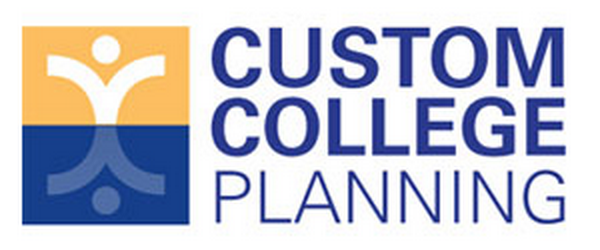Compiling your first college list can feel a bit overwhelming, especially when there are over 3,000 post-secondary options. So, how do you figure out which colleges or universities are best for you? Before you can construct a viable college list, you have to know who you are and what you want from your college experience. Though figuring this out is not always easy, if you ask yourself some key questions and do your research, you will end up with some excellent college options.
Here are 5 questions to help you define your college list.
1. Who am I?
Most people don’t spend time analyzing themselves, and you may find yourself trying to skip this step, but try to resist the temptation. Think about these questions, and write down your answers. What are my strengths? What are my weaknesses? What are my likes and dislikes? What are my interests and passions? What are my natural talents and abilities? What are my current grades and test scores? What is my learning style and what teaching style would be best for me in college? What do I hope to gain from a college experience? New friends, research experience, close relationships with faculty, new extracurricular involvement, new academic choices, career preparation, etc.?
2. What do I want to study?
Since most college students change their majors two to three times, it is important to research the majors available at each college/university. Also, investigate the differences between a liberal arts college, a research institution, and schools that specialize in engineering, technical fields, fashion, art, performing arts, etc. Know your available options, look at the classes you will have to take, and research the application process for that major.
3. Where do I want to live?
81% of high school students attend colleges in their own state, but some students are interested in pursuing admissions to out-of-state institutions. There are advantages to living in another state and there are definitely disadvantages. Be aware that different parts of the country not only have different climates, but also, different customs. So, how many miles from home do you realistically see yourself living? How will I get home and how much will it cost me? Be sure you examine the availability of housing, the food options, the availability of outside entertainment, the school’s relationship with the community, the availability of student life, the size of the student body, and student demographics. Check out what students do on the weekend? You don’t want to be the out-of-state student in a school where the in-state students go home every weekend.
4. What kind of an academic environment works best for me?
Let’s face it, you are going to college to get an education, so be sure you check out the educational environment. Do you learn better when you are in classes with motivated and goal-oriented students or do competitive situations make you want to run the other way? Are you interested in getting to know your professors? Have you thought about research opportunities or internships? Do you feel that diversity in the classroom adds to your educational experience? Do you learn better in smaller classroom rather than a large lecture hall?
5. What can I afford?
Understanding the cost of college attendance is important. While you don’t want to eliminate colleges and universities just because they are more costly, you do have to be realistic about what you can afford to spend. That doesn’t mean you can’t apply to some of the more expensive schools just to see what kind of financial aid packages you might get offered. Private colleges often have more money for scholarships, and sometimes, their financial aid packages can make them more affordable than public schools. Every school has a financial aid website. Look for scholarships on that site and research what kind of aid the school typically offers. Also, don’t forget to research scholarships in your area and apply. Even if the scholarships are small, the money can add up. Look up the graduation rate for each school. Many students are taking more than 4 years to graduate and you might need to factor that into your cost calculations. In the end, when you look at the pros and cons of each school, money is a major consideration.
Once you have the answers to these questions, try a few college search engines, like www.collegeboard.com, www.gacollege411.org, and http://nces.ed.gov/collegenavigator/
Insert your criteria and see what colleges and universities pop up. Pick some schools from the generated results to research. This is your first college list.
Next week: How to Research Schools on your College List.
